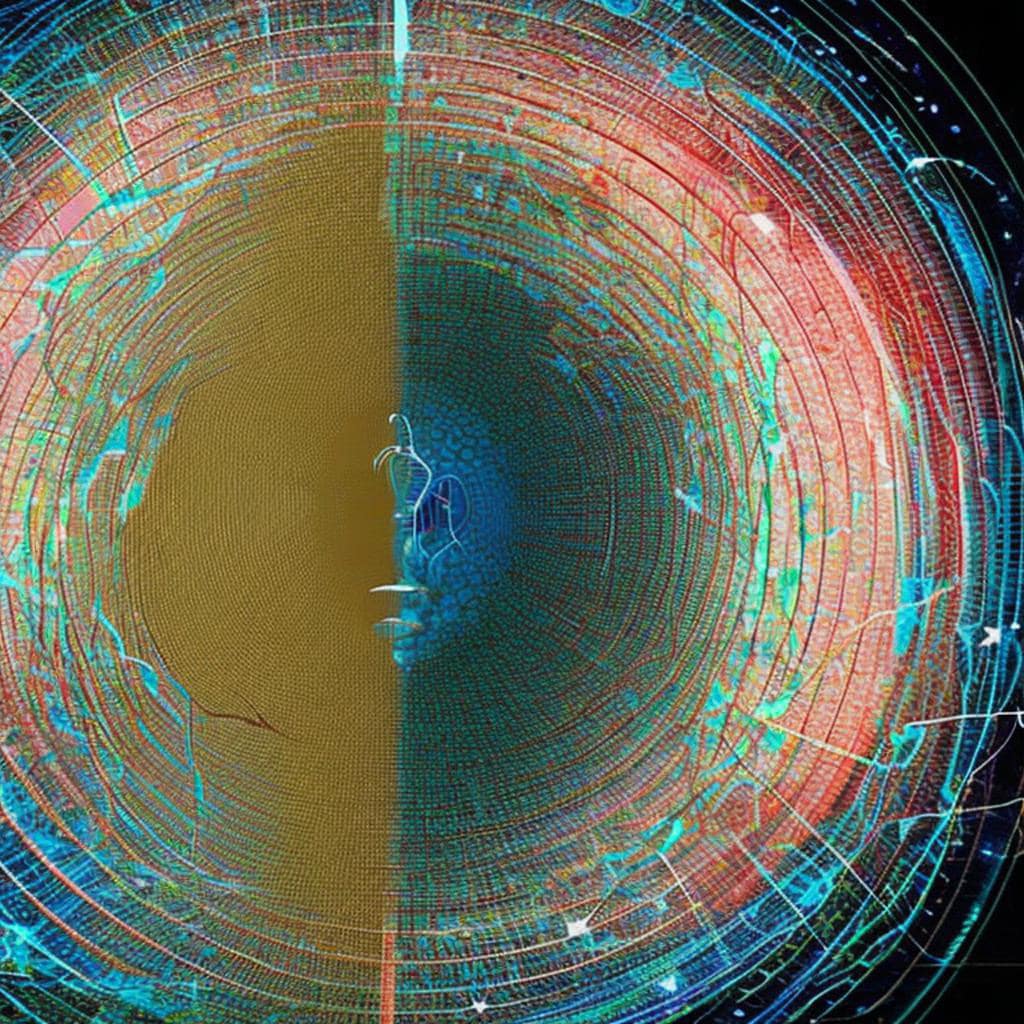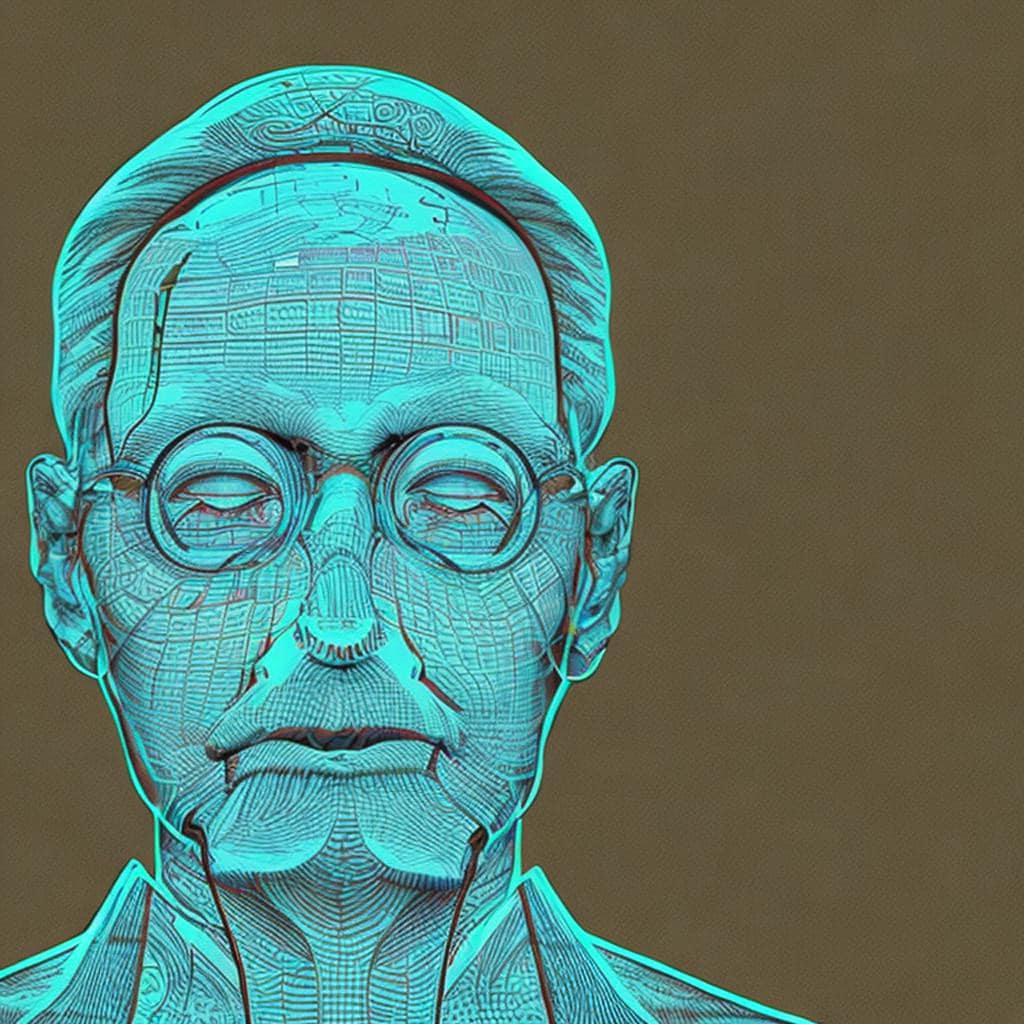AI and multidiscipline Science
Views of experts on artificial intelligence (AI) and their fields of application.
Artificial Intelligence (AI) is a rapidly growing field that is transforming the way we live and work. From speech recognition and natural language processing to image and facial recognition, AI is already present in many areas of our lives. In this article, we will explore the views of several experts on AI and their fields of application.
Rosalind Picard is a computer scientist and pioneer in the field of affective computing. She is known for her work on developing technologies that can recognize and respond to human emotions. Picard believes that AI has the potential to revolutionize many areas of healthcare, including mental health. She has been involved in developing technologies that can detect early signs of depression and anxiety through facial expressions and voice tone analysis.
Justine Cassell is a computer scientist and linguist who has made significant contributions to the field of human-computer interaction. She believes that AI has enormous potential in the areas of education and entertainment. She has worked on developing virtual agents and social robots that can interact with humans in natural ways and enhance learning experiences. Cassell envisions a future in which intelligent machines can provide personalized education and entertainment experiences that are tailored to individual needs.
Daniel Kahneman is a psychologist and economist who has studied decision-making and behavioral economics. He believes that AI has enormous potential to improve decision-making, particularly in the field of finance. He has been involved in developing algorithms that can help investors make better decisions by analyzing large amounts of data and identifying patterns. Kahneman also believes that AI can be used to reduce biases in decision-making and promote fairness.
Stuart Russell is a computer scientist and expert in artificial intelligence. He believes that AI has the potential to transform many areas of our lives, including healthcare, transportation, and manufacturing. However, he also recognizes the potential risks associated with AI, including the possibility of unintended consequences and the potential for machines to act in ways that are not aligned with human values. Russell has been a vocal advocate for ensuring that the development of AI is aligned with human values and ethics.
Fei-Fei Li is a computer scientist and entrepreneur who has made significant contributions to the field of computer vision and artificial intelligence. She believes that AI has enormous potential to transform many areas of our lives, including healthcare and agriculture. Li has been involved in developing technologies that can recognize objects in images and videos, with potential applications in medical diagnosis and precision agriculture.
Marlene Behrmann is a cognitive neuroscientist who has studied perception and object recognition. She believes that AI has enormous potential in the field of neuroscience, particularly in understanding the neural basis of perception and cognition. She has used brain imaging techniques to study how the brain processes visual information and recognizes objects, with potential applications in developing therapies for neurological disorders.
Rana el Kaliouby is a computer scientist and entrepreneur who has developed technologies that can recognize and respond to human emotions. She believes that AI has the potential to revolutionize many areas of our lives, including healthcare, education, and marketing. El Kaliouby envisions a future in which intelligent machines can provide personalized healthcare and education experiences that are tailored to individual needs, as well as more effective marketing strategies based on emotional responses.
Peter Doherty is an immunologist who has made significant contributions to the field of vaccine research. While he is not an expert in AI, he recognizes the potential of AI to improve the development of vaccines and to enhance our understanding of infectious diseases. Doherty believes that AI can help researchers identify patterns and correlations in large amounts of data, leading to faster and more effective development of vaccines.
Salman Khan is an educator and entrepreneur who founded the Khan Academy, an online platform that provides free educational resources. He believes that AI has enormous potential to transform education and make it more accessible to people around the world. Khan envisions a future in which intelligent machines can provide personalized education experiences that are tailored to individual needs, allowing students to learn at their own pace and in their own style.
Neil deGrasse Tyson is an astrophysicist and science communicator who believes that AI can be used to improve our understanding of the universe. He envisions a future in which intelligent machines can help scientists analyze vast amounts of data from telescopes and other instruments, leading to new discoveries about the cosmos.
Noam Chomsky is a linguist and political philosopher who has been critical of the development of AI. He believes that the development of intelligent machines poses a threat to human autonomy and the ability to make ethical decisions. Chomsky has expressed concern about the potential for AI to be used for military purposes or to automate jobs, leading to job loss and economic inequality.
Angela Duckworth is a psychologist who has studied the concept of grit, or the ability to persevere in the face of challenges. She believes that AI has the potential to help individuals develop grit and other character strengths. Duckworth envisions a future in which intelligent machines can provide personalized coaching and feedback to help individuals build character strengths and achieve their goals.
Steven Pinker is a psychologist and linguist who believes that AI can be used to improve our understanding of language and cognition. He has studied the structure and evolution of language and believes that AI can help us better understand how the human brain processes language. Pinker also believes that AI can be used to improve our understanding of morality and to reduce violence and conflict.
Michio Kaku is a theoretical physicist who has made significant contributions to the field of string theory. He believes that AI has enormous potential to transform the way we live and work. Kaku envisions a future in which intelligent machines can automate many aspects of our lives, freeing us up to pursue more creative and fulfilling pursuits.
Edward Witten is a theoretical physicist who has made significant contributions to the field of string theory and mathematics. While he is not an expert in AI, he recognizes the potential of AI to transform many areas of science, including physics and mathematics. Witten believes that AI can help researchers analyze large amounts of data and identify patterns and correlations that would be difficult or impossible for humans to detect.
AI is a rapidly growing field that has the potential to transform many areas of our lives. The experts listed in this article have made significant contributions to the field of AI and have identified numerous areas where AI can be applied to benefit humanity. However, they also recognize the potential risks associated with AI and the need to ensure that the development of AI is aligned with human values and ethics. As AI continues to advance, it will be important for experts from diverse fields to collaborate and ensure that the development and application of AI is ethical, transparent, and aligned with human values. By working together, we can harness the potential of AI to benefit society while minimizing the risks and ensuring that the technology is developed in a way that benefits all members of society, regardless of their background or status.
Views, pros, cons, and points of action from the experts
| Expert | Views | Pros | Cons | Points of Action |
| Rosalind Picard | AI has potential to revolutionize healthcare | Early detection of mental health issues, personalized treatment plans | Privacy concerns, potential for misuse | Ensure privacy protections are in place, ethical development and use of AI |
| Justine Cassell | AI has potential to improve education and entertainment | Personalized education and entertainment experiences, enhanced learning and engagement | Potential for over-reliance on AI, replacement of human teachers/mentors | Ethical development and use of AI, ensure AI is aligned with human values and ethics |
| Daniel Kahneman | AI has potential to improve decision-making | Improved financial decision-making, reduced biases in decision-making | Potential for over-reliance on AI, potential for errors and biases in AI decision-making | Ensure AI is aligned with human values and ethics, transparency in AI decision-making |
| Stuart Russell | AI has potential to transform healthcare, transportation, and manufacturing | Improved healthcare outcomes, reduced traffic congestion, increased efficiency in manufacturing | Potential for unintended consequences, machines acting in ways not aligned with human values | Ensure AI is aligned with human values and ethics, ethical development and use of AI |
| Fei-Fei Li | AI has potential to transform healthcare and agriculture | Improved medical diagnosis, increased efficiency and sustainability in agriculture | Privacy concerns, potential for misuse | Ensure privacy protections are in place, ethical development and use of AI |
| Marlene Behrmann | AI has potential to improve understanding of perception and cognition | Better understanding of neural basis of perception and cognition, potential for developing therapies for neurological disorders | Privacy concerns, potential for misuse | Ensure privacy protections are in place, ethical development and use of AI |
| Rana el Kaliouby | AI has potential to revolutionize healthcare, education, and marketing | Personalized healthcare and education experiences, more effective marketing strategies based on emotional responses | Privacy concerns, potential for misuse | Ensure privacy protections are in place, ethical development and use of AI |
| Peter Doherty | AI has potential to improve vaccine research | Faster and more effective development of vaccines | Potential for errors and biases in AI decision-making | Ensure AI is aligned with human values and ethics, transparency in AI decision-making |
| Salman Khan | AI has potential to revolutionize education | Personalized education experiences, enhanced learning and engagement | Potential for over-reliance on AI, replacement of human teachers/mentors | Ethical development and use of AI, ensure AI is aligned with human values and ethics |
| Neil deGrasse Tyson | AI has potential to improve our understanding of the universe | Improved data analysis, new discoveries about the cosmos | Potential for over-reliance on AI, loss of human input in scientific discovery | Ethical development and use of AI, ensure AI is aligned with human values and ethics |
| Noam Chomsky | Concerns about the development of AI | Potential threat to human autonomy, job loss and economic inequality | Potential benefits of AI not outweighing potential risks | Ensure ethical development and use of AI, transparency in AI decision-making |
| Angela Duckworth | AI has potential to help individuals develop character strengths | Personalized coaching and feedback, improved character strengths and achievement | Potential for over-reliance |
While the experts listed in this article have different views on the potential of AI and its applications in their respective fields, they all recognize the potential of AI to transform the way we live and work. By working together and addressing the potential risks associated with AI, we can harness the power of this technology to benefit humanity and improve our understanding of the world around us.

Thank you for questions, shares and comments!
Share your thoughts or questions in the comments below!
Text with help of openAI’s ChatGPT Laguage Models & Fleeky – Images with help of Picsart & MIB






